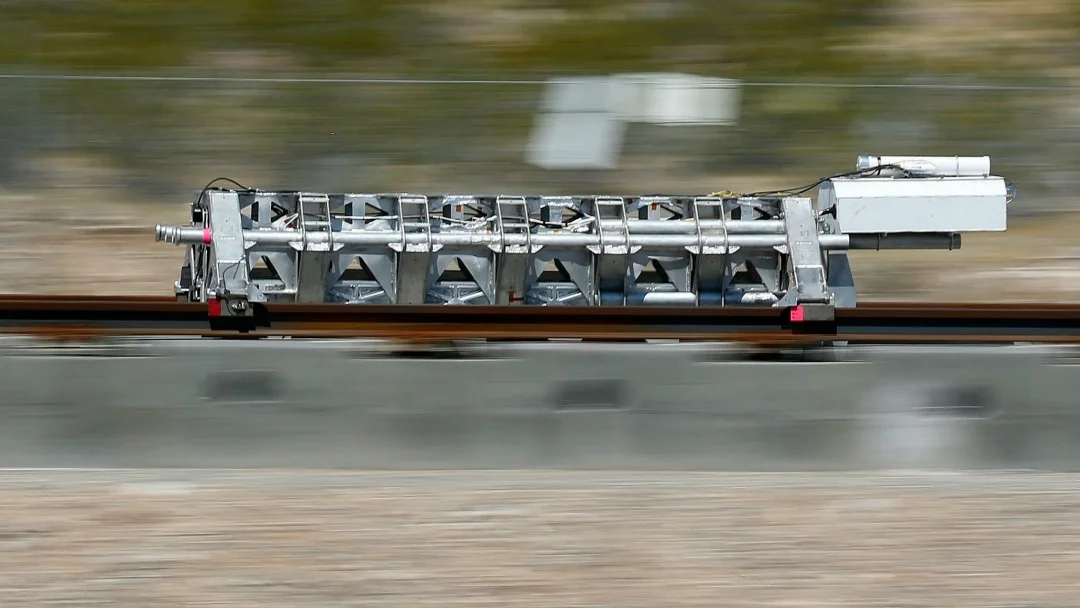Are Ontario's transportation plans the rotary phone of infrastructure?
/The future of transportation is coming more quickly than we think.
Hyperloop One, a company developing technology to move people and cargo at tremendous speeds through low-pressure tubes, expects to build a commercial track and have paying passengers somewhere in the world by 2021.
A trip between Toronto and Montreal in a pneumatic tube transportation system would take just 32 minutes, Rob Lloyd, chief executive officer of Hyperloop One, told the International Economic Forum of the Americas conference in Toronto last week.
But it doesn’t appear the technology will be coming to Ontario, or even Canada, quite yet. Lloyd says his company has had a few exploratory discussions about bringing his technology to Ontario, but he wants the regulatory process to move faster.
Read More









